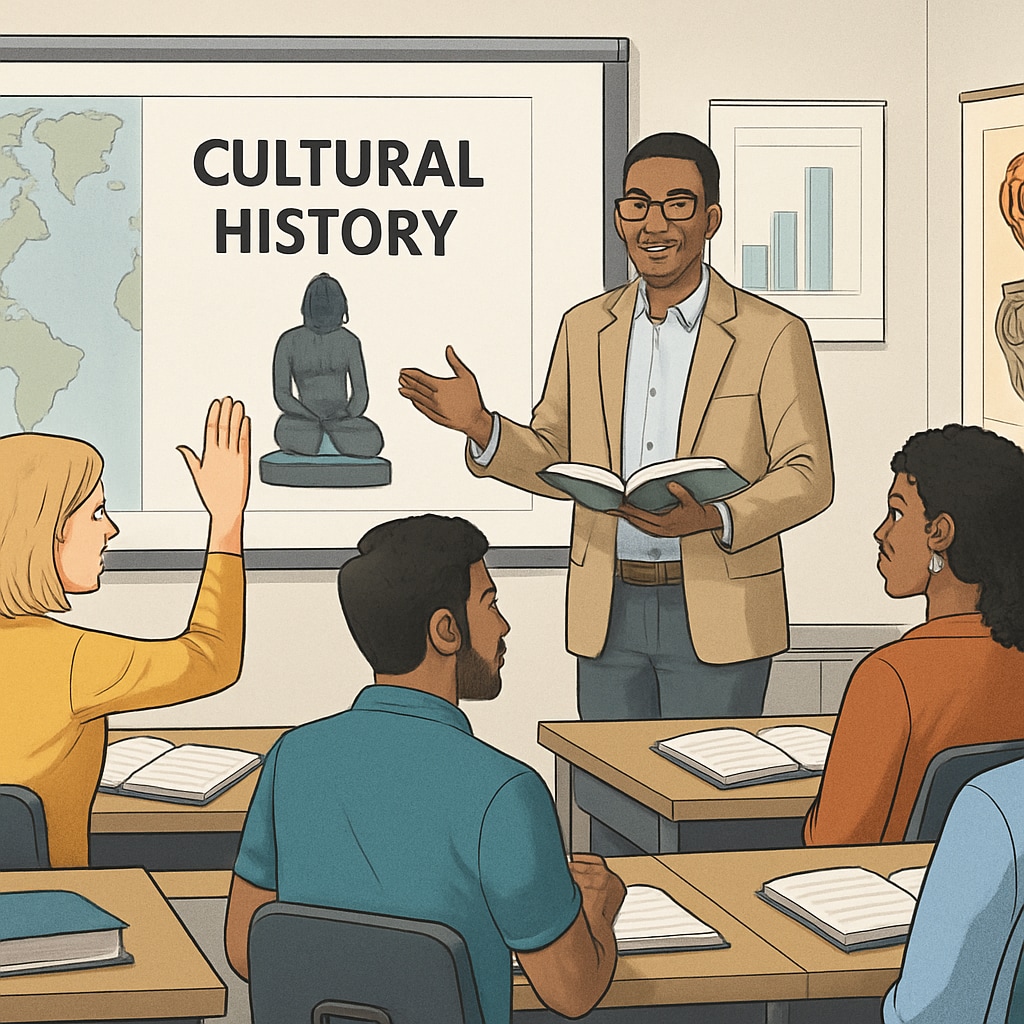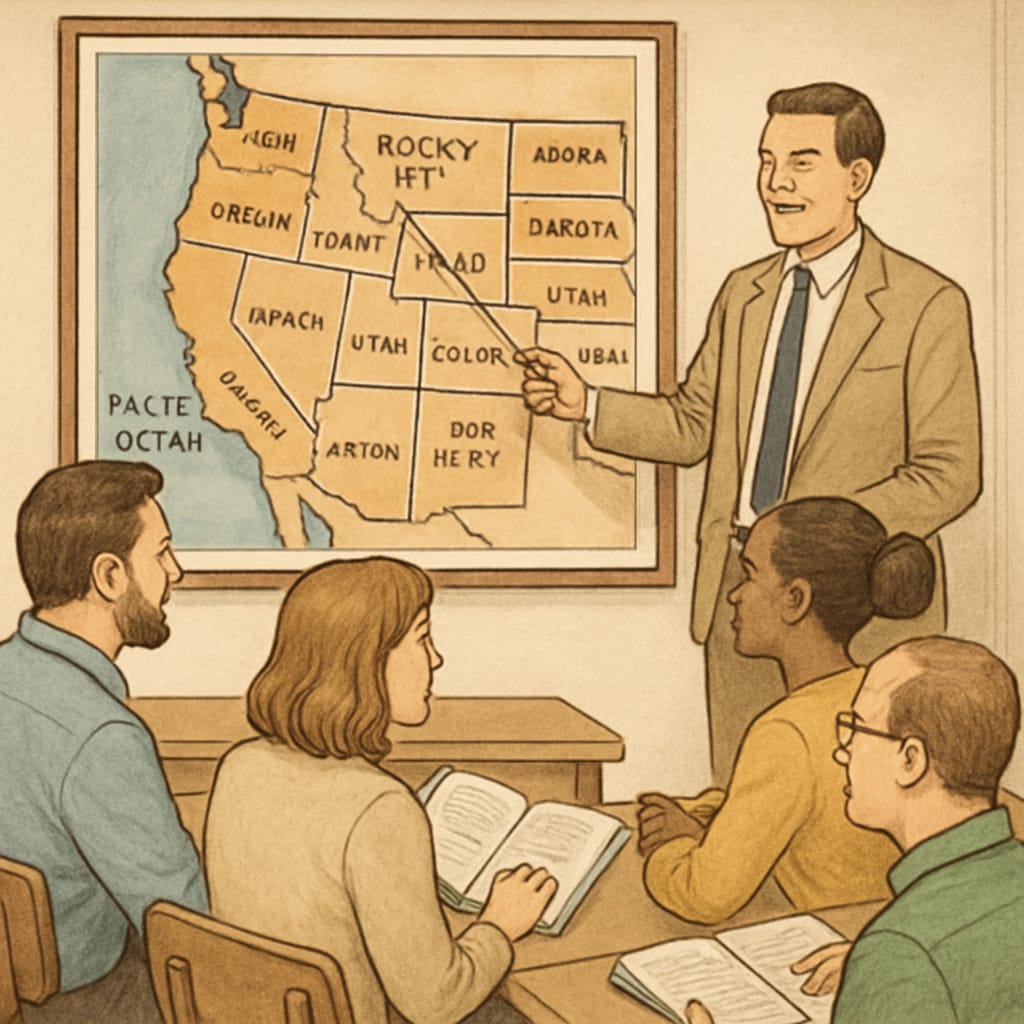Adult education, cultural adaptation, and basic knowledge are indispensable when foreign adult learners move to Western societies. The transition often highlights knowledge gaps in foundational subjects such as history and geography, which can hinder their ability to adapt and fully engage with the local culture. To overcome this barrier, tailored foundational courses can serve as a bridge, enabling learners to gain essential skills and cultural insights, fostering a smoother integration process.
Why Foundational Knowledge is Crucial for Cultural Adaptation
For many foreign adults, the lack of foundational knowledge in Western culture can lead to feelings of exclusion or misunderstanding. Subjects like history and geography are not just academic; they are intertwined with societal norms, values, and identity. For example, understanding pivotal historical events such as the Enlightenment or the Industrial Revolution can provide context for societal structures and thought processes prevalent today.
Moreover, geography plays a significant role in helping learners navigate physical spaces and regional differences. Knowing the geographical layout of a country, its cities, and its diverse regions fosters a sense of belonging. Without this knowledge, foreign learners may struggle to connect with local references or cultural nuances.

Tailored Courses: Meeting the Needs of Adult Learners
Unlike traditional school-aged learners, adult students face unique challenges. They often juggle work, family, and other commitments, leaving limited time for education. Therefore, foundational courses for adults must be flexible and practical. These courses should focus on core cultural elements, breaking down complex topics into manageable lessons that directly relate to real-life applications.
For instance, a course on Western history could include modules on key historical events, influential figures, and their lasting impact on modern society. Similarly, geography classes might focus on major landmarks, transportation systems, and regional diversity. Incorporating multimedia resources, such as interactive maps or historical documentaries, can make learning more engaging and accessible.
Additionally, integrating cultural etiquette and communication styles into these courses ensures learners are not only academically prepared but also socially confident. This holistic approach enhances both their personal and professional interactions in their new environment.

Benefits of Foundational Courses for Social Integration
Enrolling in foundational courses offers numerous advantages for foreign adult learners. These include:
- Cultural Understanding: Gaining insights into traditions, values, and societal norms fosters mutual respect and reduces cultural misunderstandings.
- Improved Communication: Understanding the context behind idioms, historical references, or regional customs enhances communication skills.
- Enhanced Confidence: Familiarity with foundational knowledge helps learners feel more self-assured in social and professional settings.
- Networking Opportunities: Collaborative learning environments create connections with peers, building a support network in their new community.
For example, a learner who understands the significance of Thanksgiving or the Magna Carta is better equipped to engage in conversations and build meaningful relationships. As a result, these courses contribute significantly to their overall sense of inclusion and belonging.
Designing Effective Programs for Adult Education
To maximize the effectiveness of foundational courses, program designers should consider the following strategies:
- Needs Assessment: Identify the specific knowledge gaps and challenges faced by the target audience.
- Flexible Scheduling: Offer evening or weekend classes to accommodate busy adult learners.
- Interactive Learning: Incorporate activities, group discussions, and multimedia tools to keep learners engaged.
- Practical Applications: Relate lessons to real-world scenarios, such as navigating public transportation or understanding workplace norms.
- Feedback Mechanisms: Continuously gather input from learners to refine and improve the curriculum.
By implementing these strategies, educators can create programs that are not only informative but also transformative, empowering foreign adults to thrive in their new environments.
In conclusion, foundational courses play a pivotal role in bridging cultural gaps for foreign adult learners. By addressing their unique needs and equipping them with essential knowledge, these programs facilitate cultural adaptation, boost confidence, and promote social integration. As a result, learners are better prepared to navigate the complexities of Western society, fostering a richer and more inclusive community for all.
Readability guidance: The article uses short paragraphs, incorporates lists for clarity, and maintains a balance between informative content and actionable advice. Transition words such as “for example,” “in addition,” and “as a result” are used to ensure flow and coherence.


